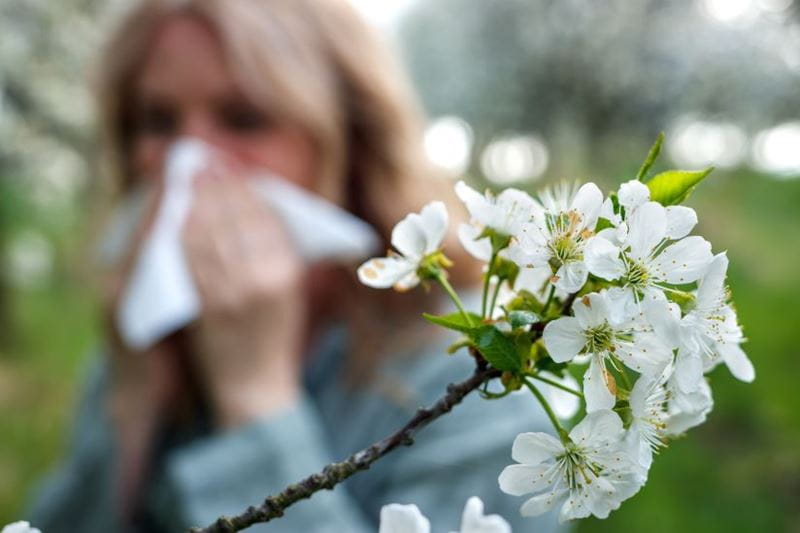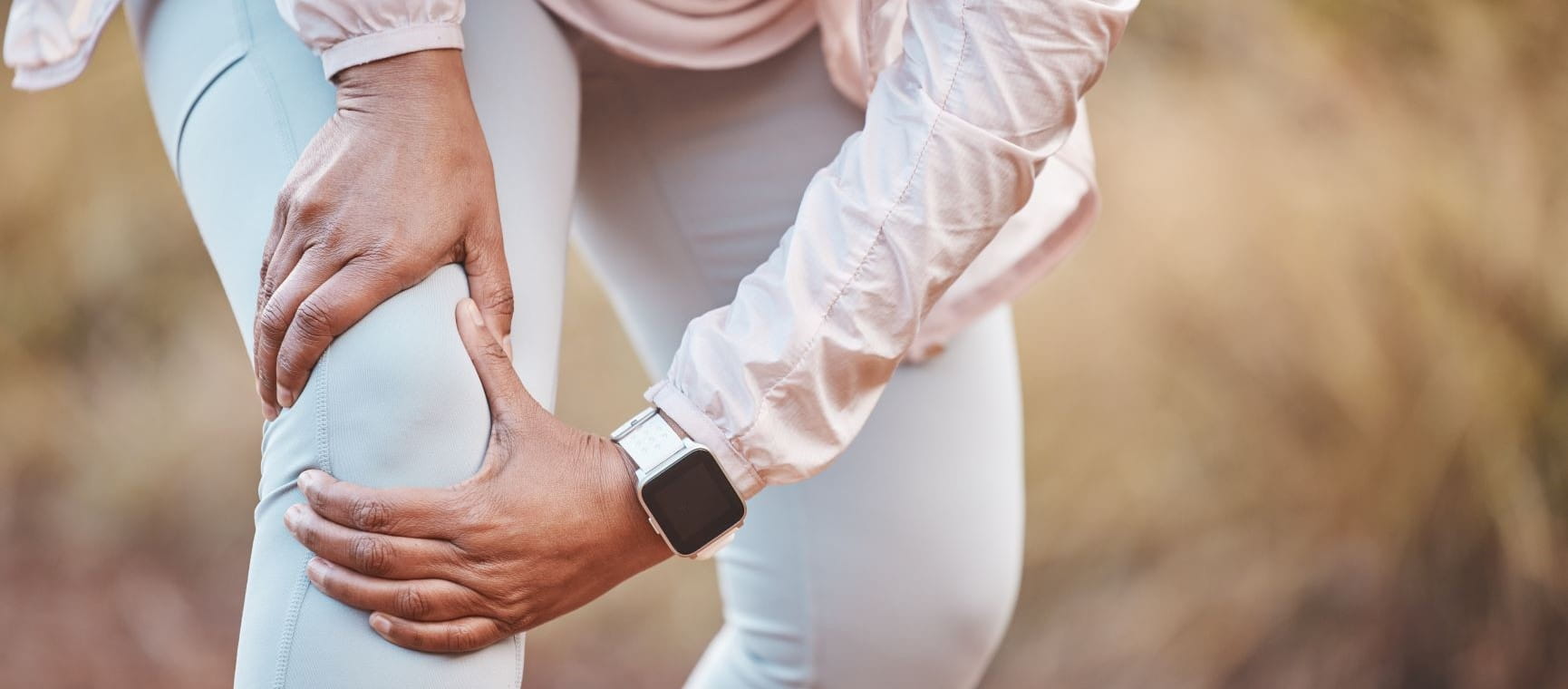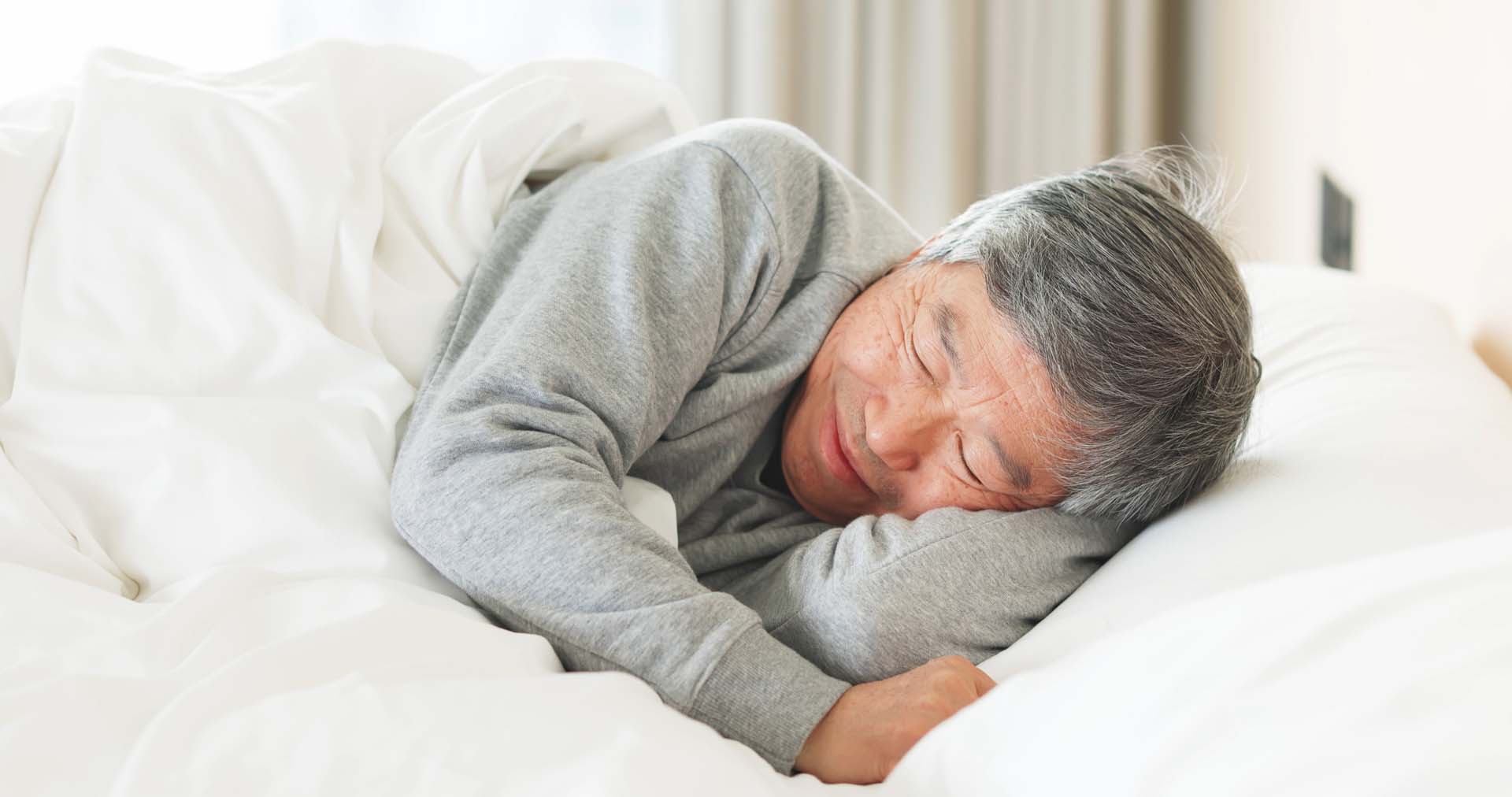

After what feels like a long wet and windy winter, the sun is finally shining. But then you feel a tickle at the back of your throat and a sniffle in your nose. You can’t believe you’ve come down with a cold just as the weather is improving.
But it might not be a spring cold, you may be suffering from hay fever.
Even though we equate hay fever with summer sunshine and flowers in bloom, the tree pollen season has started – and it's getting earlier every year.
The Pollen Forecast produced by the University of Worcester shows that tree pollen levels in the UK are currently high.
Experts at the university are also predicting that these high levels will continue for the next few weeks.
Dr Beverley Adams-Groom, Senior Pollen Forecaster at the University of Worcester, told Saga Magazine: “Alder pollen, which affects a minority of hay fever sufferers, can affect people during late winter, usually peaking from mid-February to mid-March, with dry days seeing the highest levels.
“This year is expected to be a more severe season than average, due to a combination of factors:
“The main tree pollen season, from birch trees, will occur in April and we’re expecting the season to be more than average as well.”
She added that those who are sensitive to alder pollen can also expect to start seeing their symptoms starting earlier each year.
“One of the main reasons people may be experiencing symptoms of hay fever earlier, if they are tree pollen sensitive, is because the alder pollen seasons are getting worse over time and likely affecting more people, more often,” she explained.
“Alder pollen allergens are related to birch pollen allergens, because the trees are in the same plant family (Betulaceae), so people who are sensitised to one can also be sensitised to the other.
“Birch pollen is the worst of the two, with pollen arriving from late March or early April until late April/early May. We don’t know just how many people are affected by alder pollen but it is certainly a lot fewer than birch.”

The Met Office produces a daily pollen forecast which starts on March 20 this year.
A spokeswoman said: “Your symptoms can be affected by your proximity to the trees, the weather conditions and also the time of day. But you can get hay fever all year round and fungal spores can also produce a reaction.
“If you are affected, bear in mind pollen levels rise during the morning and fall during the evening with the heat.”
A common cold is an infectious illness whereas hay fever is an allergic reaction to pollen.
At this time of year tree pollen is the culprit, then as we move into summer grass pollen causes issues for many more, followed by weed pollen during late autumn.
The similar symptoms shared between a cold and hay fever can make it tricky to differentiate between them.
That said, there are key things you can look out for that can help identify which you have.
Remember to talk to your GP or a health professional if you have any concerns.
Notice when your symptoms start; is it around the same time each year? If so, you might have a seasonal allergy.
Colds tend to last one to two weeks whereas hay fever can last for longer.
Allergy UK is urging people to be prepared to start treating the symptoms of hay fever as pollen levels rise from today.
If someone with hay fever comes into contact with pollen (the allergen), they will usually experience a range of symptoms such as a runny nose, itchy eyes and sneezing. However, more clinical evidence is emerging which reinforces that unmanaged hay fever can give rise to more serious symptoms such as asthma attacks.
In addition to starting medication early, Allergy UK has a five-point action plan to help people get through pollen season:


Facial weakness, a sudden headache and dizziness can all be signs of a stroke, we've got the facts from an expert.

Knee pain is more common as we age: to help we've got the best advice from 3 leading experts with easy ways to make a difference.

Do you know the symptoms of a heart attack? Here’s what to look out for, and how to prevent one.

Front, back or side? Which sleeping position is best for you as you get older, and which ones you should avoid


